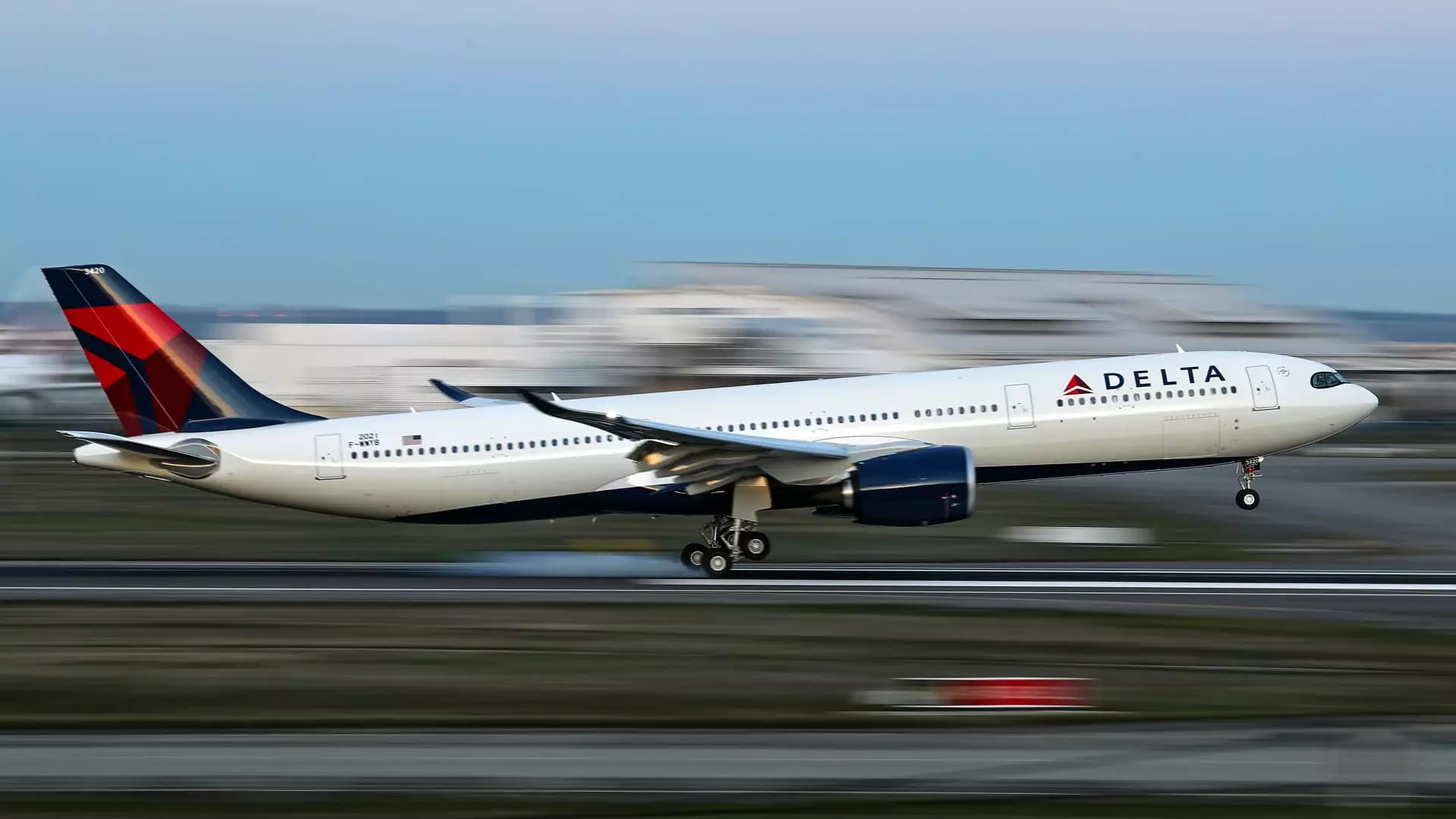In an era where airline profitability is increasingly linked to the premium segment, Delta Air Lines appears to be steering toward an ambitious transformation of its high-end cabins. While the industry has long prioritized budget options, introducing variable pricing and basic economy fares, the emphasis is now shifting to refining the luxury experience that remains the most lucrative. Delta’s recent focus is not just about maintaining status quo but about innovating within its premium cabins—where customer expectations for comfort, exclusivity, and personalization continue to rise. This strategic pivot suggests that Delta recognizes the premium market isn’t just surviving; it’s thriving and ripe for differentiation. It’s a bold declaration that the future of airline profitability may hinge on elevating the front-of-plane experience rather than merely capitalizing on volume-driven economy sales.
The Promise of Greater Segmentation and Customized Offerings
According to Delta’s leadership, broadening the scope of their premium cabins involves segmentation—tailoring services and seat configurations to meet diverse customer needs. Instead of a one-size-fits-all approach, Delta seems poised to build a menu of options in first and business class, calibrated to different traveler profiles. This might involve introducing more affordable premium options that lack some amenities, or offering larger, more luxurious seats with exclusive add-ons. It’s a recognition that modern travelers are less monolithic and more discerning, seeking options that align with their specific requirements and budgets. Such differentiation could redefine the premium experience, transforming it from a singular, static product into a customizable service suite, boosting margins and customer loyalty simultaneously.
The Economics of Upgrading the Premium Cabin Arsenal
Financially, Delta’s data indicates a compelling trend: premium seat revenues have increased by 6%, contrasting with a 4% decline in main cabin revenue. This disparity underscores that travelers willing to pay more right now prefer upgraded amenities and privacy to the traditional economy fare. As the most profitable U.S. carrier, Delta rightfully capitalizes on this premium demand. The airline’s willingness to experiment with new offerings—though details remain under wraps—suggests that Delta is keen on staying ahead in the race for high-margin passengers. Whether through larger seats, exclusive social spaces, or more flexible ticketing options, Delta aims to redefine what premium class entails in the evolving airline landscape. CEO Ed Bastian’s acknowledgment that current high-end seats are “past their life cycle” highlights an understanding that continued innovation is essential to justify the premium pricing.
Comparative Outlook: Industry Movements and Competitor Strategies
Delta’s proactive stance isn’t developed in a vacuum; other carriers are also pushing the boundaries of luxury. United Airlines’ efforts to reimagine its Polaris cabins and American Airlines’ upgrades represent a broader industry trend: offering novel, social, and high-comfort premium spaces. Virgin Atlantic’s “Retreat Suite,” serving up privacy and social dining in its Upper Class, exemplifies how luxury is increasingly about experiential differentiation. Delta’s challenge—and opportunity—is to strike a balance between technological innovation, passenger comfort, and perceived value. While some experts express skepticism about potential “stripped-down” premium options, Delta’s leadership appears committed to ensuring that any new offerings will appeal to travelers seeking both luxury and value—perhaps even blurring the line between first class opulence and premium economy flexibility.
Delta’s exploration into reimagining the premium cabin suggests a core belief: that being at the forefront of luxury innovation ensures sustained profitability and competitive advantage. As they test new configurations and survey customer preferences, their goal is clear—crafted experiences that resonate with diverse high-end travelers. In doing so, Delta isn’t just competing on service quality; it’s staking a claim to redefine what premium flying means in the modern age, emphasizing personalization, exclusivity, and adaptable luxury. This bold approach could serve as a blueprint for airlines eager to cultivate a loyal, high-paying customer base while continually elevating the standards of air travel.

